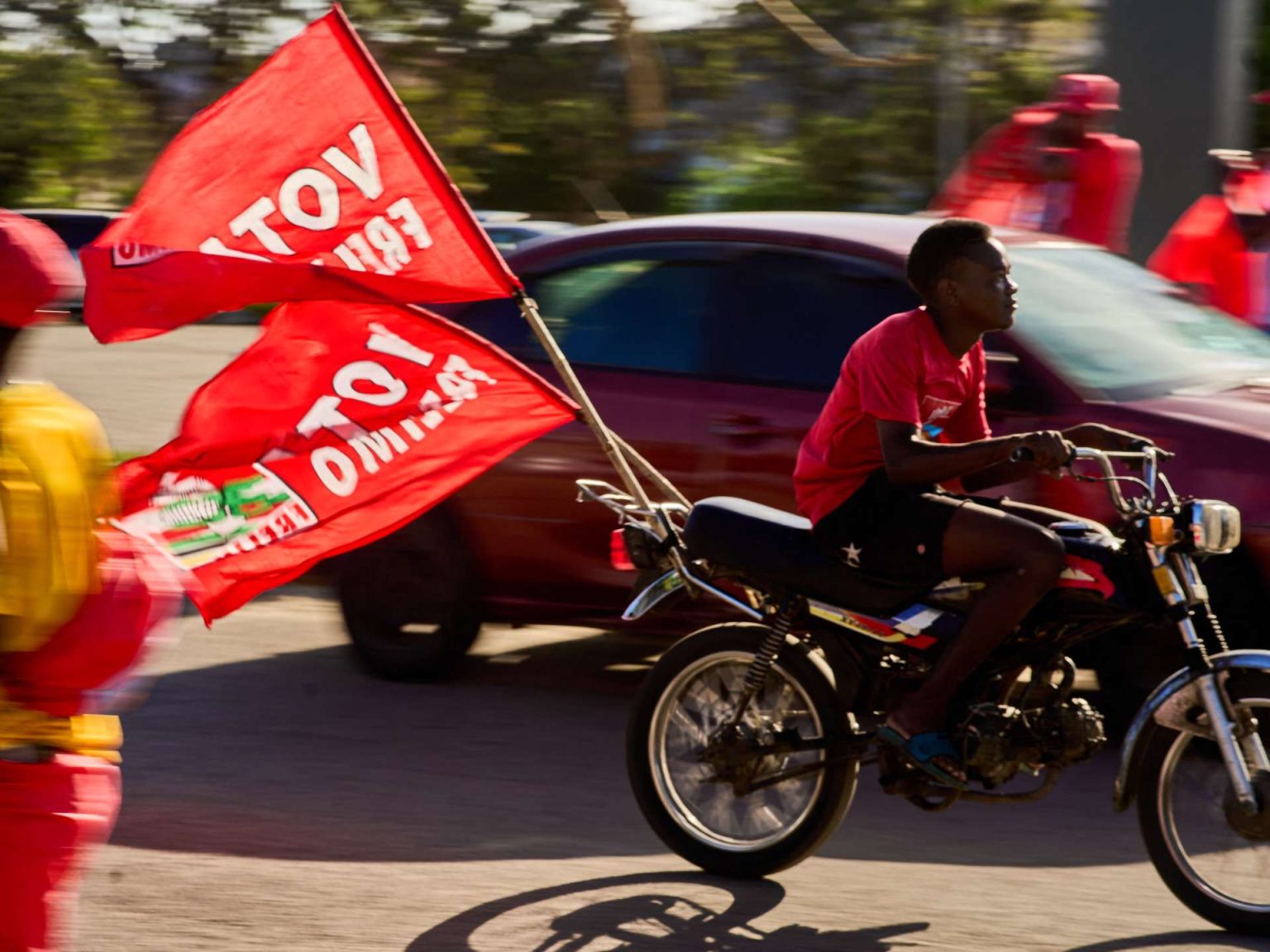Mozambique is gearing up for elections that could potentially see the first president born after the country’s independence in 1975. With 17 million eligible voters out of a population of 32 million, the parliamentary and provincial elections will be held simultaneously. Incumbent President Filipe Nyusi, of the Frelimo party, is stepping down after eight years in office, following a scandal involving high-level corruption within the government. The elections are marked by divisions among voters, with younger citizens seeking change from the old guard, while some older Mozambicans are less enthusiastic about it.
There are four candidates running for president, including Daniel Chapo, who is favored to win due to Frelimo’s incumbency power. Despite his relatively short political career, Chapo has quickly risen to prominence within the party and has promised to restore peace in the conflict-affected Cabo Delgado province. Ossufo Momade, the leader of the opposition Renamo party, is considered an unpopular candidate with limited capacity to challenge Frelimo’s dominance. Venancio Mondlane, an independent candidate backed by the Democratic Alliance Coalition, has gained significant support among young voters by promising change for the country. Lutero Simango, the head of the Democratic Movement of Mozambique, is focusing on job creation and economic development in his campaign.
Besides electing a new president, voters will also choose members of parliament and provincial officials in some of the 11 provinces. The main issues at stake in the elections include the armed conflict in Cabo Delgado, unemployment and poverty, and climate resilience. The ISIL-Mozambique insurgency has caused widespread violence and displacement in the region, while high levels of unemployment and corruption have further exacerbated poverty in the country. Candidates are also addressing the impact of climate change on food security and the need for development initiatives to mitigate the effects of natural disasters.
Vote counting will begin immediately after polls close, with partial results announced as they are collated. The National Election Commission will officially announce tallies after 15 days, allowing contesting parties to file objections with the Constitutional Council. The outcome of the elections will have far-reaching implications for Mozambique’s future, as voters decide between continuity with the current ruling party or a change in leadership. The elections are a critical moment for the country as it grapples with ongoing challenges and seeks to build a more secure and prosperous future for its citizens.













